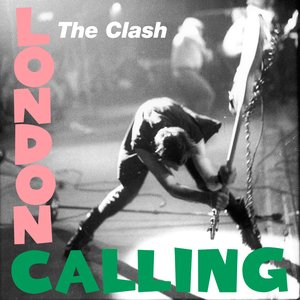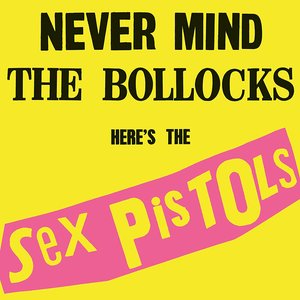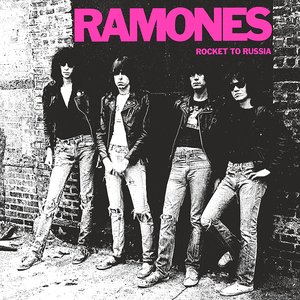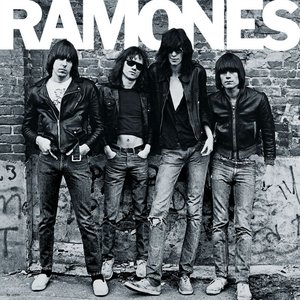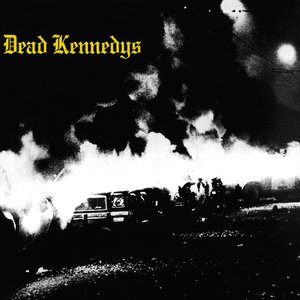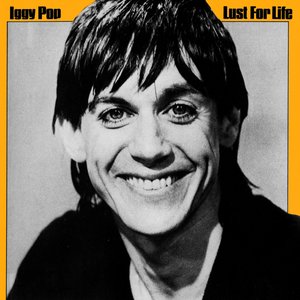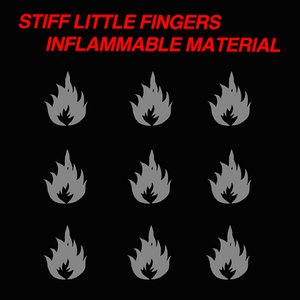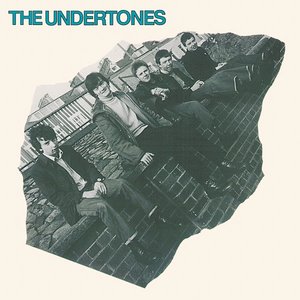Wiki
-
Length
4:54
"Clampdown" is a single and a song by The Clash from their album London Calling. The song began as an instrumental track called "Working and Waiting". It is sometimes called "Working for the Clampdown" which is the main lyric of the song, and also the title provided on the album's lyric sheet. Its lyrics comment on people who forsake the idealism of youth and urges young people to fight the status quo.
Writing and recording
"Clampdown" was written by Joe Strummer and Mick Jones.
The song's lyrics, written by Joe Strummer, refers to the failures of capitalist society. The wearing of the "blue and brown" refers to the color of the uniforms that are mostly worn by workers. This idea goes along with lyrics that refer to "young believers" who are brought and bought into the capital system by those "working for the clampdown" who will "teach with twisted speech." Strummer wrote,
The men in the factory are old and cunning
You don't owe nothing, so boy get running!
It's the best years of your life they want to steal!
You grow up and you calm down and you're working for the clampdown.
You start wearing the blue and brown and you're working for the clampdown.
So you got someone to boss around. It makes you feel big now…
These lyrics are seen to refer to how one gets caught by the capital economic system and its ethos of work, debt, power, position and conformist lifestyle. Strummer, who was a proud and loud socialist, also uses the song's closing refrain to highlight this mindset and potential trap and offers a warning not to give oneself over to "the clampdown". He does this by repeating as the song fades out the word "work" five times and "more work" twice. This reaffirms the idea that Strummer saw "the clampdown" as a threat to all who get caught up in the modern economic wage-hour system. Bass player and Clash co-founder Paul Simonon, in an interview with the LA Times, spoke about the opportunities available to him after he finished his education,
“ What was worse was that when it got time for us to start leaving school, they took us out on trips to give us an idea of what jobs were available. But they didn't try to introduce us to anything exciting or meaningful. They took us to the power station and the Navy yards. It was like saying, 'This is all you guys could ever do.' Some of the kids fell for it. When we got taken down to the Navy yards, we went on a ship and got cooked up dinner and it was all chips and beans. It was really great. So some of the kids joined up - because the food was better than they ate at home.”
—Paul Simonon ,
Strummer, like Simonon, spent time on the dole, but Strummer did not come from a lower-class family. In the same interview with the LA Times Strummer said,
“ You see, I'm not like Paul or the others, I had a chance to be a 'good, normal person' with a nice car and a house in the suburbs - the golden apple or whatever you call it. But I saw through it. I saw it was an empty life.”
—Joe Strummer ,
Strummer's father was a diplomat in the British Field Service, and Joe was sent away to boarding school where he detested "the thick rich people’s thick rich kids". Strummer said,
“ I only saw my father once a year (after being sent to boarding school,) he was a real disciplinarian, who was always giving me speeches about how he had pulled himself up by the sweat of his brow: a real guts and determination man. What he was really saying to me was, 'If you play by the rules, you can end up like me'. And I saw right away I didn't want to end up like him. Once I got out on my own, I realized I was right. I saw how the rules worked and I didn't like them. ”
—Joe Strummer ,
Later verses suggest an alternative in revolution, a theme common throughout Joe Strummer's songwriting. This point of view also points to the lyric "You start wearing the blue and brown" as supporting their cause. The barely audible lyrics at the beginning of the song were deciphered by Clash fan Ade Marks, and first published in Q magazine's Clash special:
The kingdom is ransacked, the jewels all taken back
And the chopper descends
They're hidden in the back, with a message on a half-baked tape
With the spool going round, saying I'm back here in this place
And I could cry
And there's smoke you could click on
What are we going to do now?
Cover versions
"Clampdown" was later covered by Rage Against the Machine at their first live show in 1991, as well as their more recent show in Antwerp, Belgium on 2 June 2008. It was also was covered by Indigo Girls and can be heard on Rarities (2005) as well as the Clash tribute album Burning London: The Clash Tribute (1999). The song was also covered by The Strokes (at their Oxegen and T in the Park appearances in July 2004), Poster Children on their 2004 release, On the Offensive, and James Dean Bradfield (of the Manic Street Preachers) on his solo tour in October 2006. Another band that covered this song was Hot Water Music, on their B sides and rarities compilation album called "Till the Wheels Fall Off". The song was also covered by The National on the album "A Tribute to The Clash," and by Inward Eye, which they released through a video on their YouTube channel.
Released 14 December 1979
Format 7" single
Recorded August-September 1979, November 1979 at Wessex Studios
Genre Punk rock
Length 3:50
Label CBS ES 486
Writer(s) Joe Strummer and Mick Jones
Producer Guy Stevens
Track descriptions on Last.fm are editable by everyone. Feel free to contribute!
All user-contributed text on this page is available under the Creative Commons Attribution-ShareAlike License; additional terms may apply.

